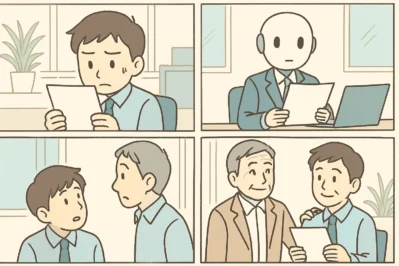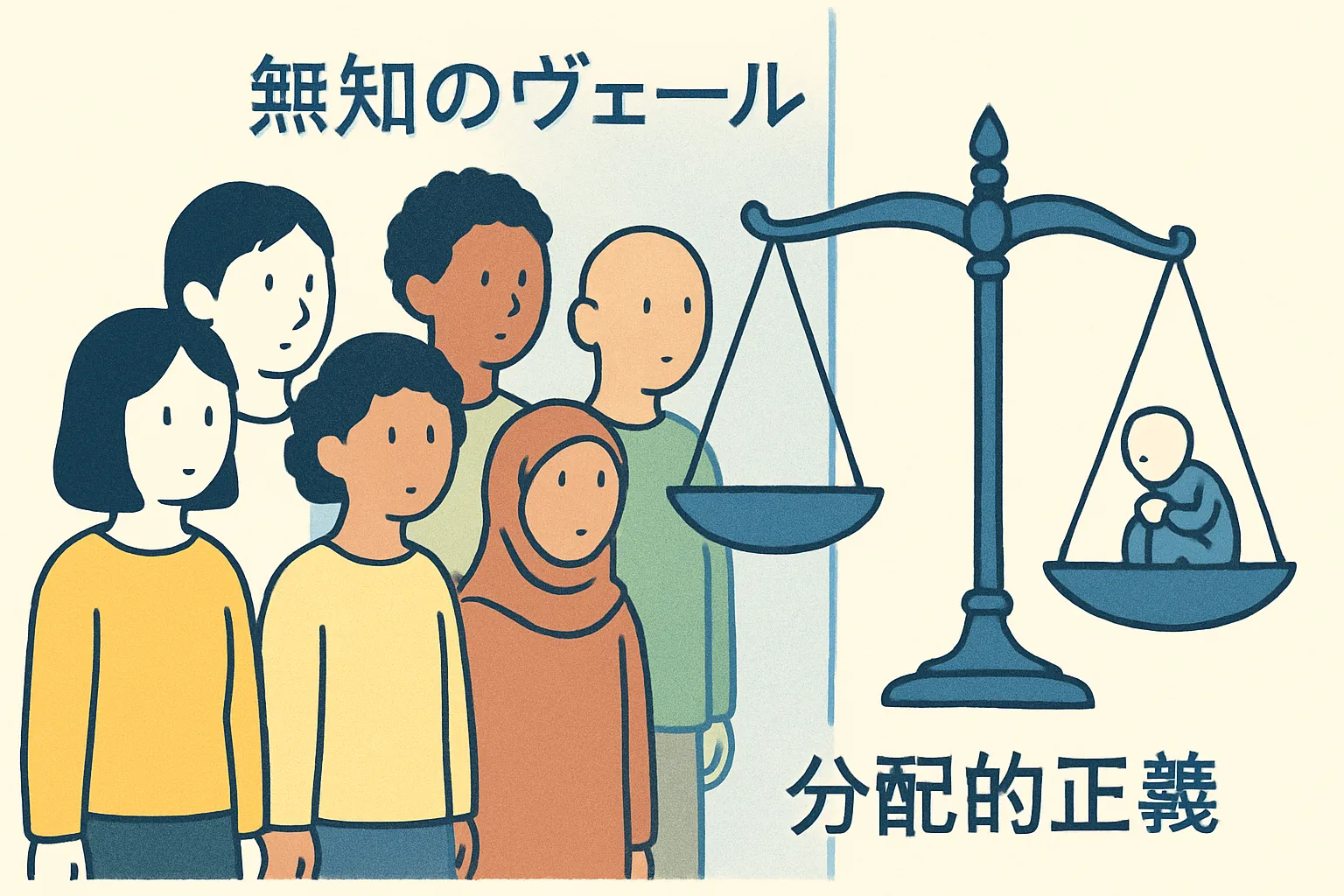Beyond ChatGPT: How to Ask for Help in Korean
Hello! It’s your favorite Korean language booster, Maeil Hangeul, here to upgrade your skills!
Ever found yourself staring at a Korean document, wishing you had a magic wand to make sure it’s perfect? Whether it’s a school report, a visa application, or an important work email, getting a second pair of eyes on it is crucial.
These days in Korea, everyone is using AI like ChatGPT to help with writing. It’s a fantastic tool! But what happens when you need a real person’s touch to catch the subtle nuances that AI might miss? That’s when knowing how to politely ask for help in Korean becomes your secret superpower. Let’s learn how to do it like a pro!
Key Expressions You Need to Know
Here are three essential expressions for asking someone to help you with a document.
1. -아/어 주시겠어요? (-a/eo jusi-gesseoyo?)
- English Meaning: Could you please…? / Would you mind…?
- Detailed Explanation: This is the golden phrase for making polite requests. It’s a combination of two grammar points:
- -아/어 주다 (-a/eo juda): to do something for someone’s benefit.
- -(으)시겠어요? (-(eu)sigesseoyo?): a very formal and polite way to ask about someone’s intention or willingness.
- When you put them together, you get a super polite and respectful way to ask for a favor. It’s perfect for asking a teacher, a boss, or a senior colleague for help.
2. 검토 (geom-to)
- English Meaning: Review, check, examination
- Detailed Explanation: This is a key noun you’ll use all the time in academic or professional settings. When you ask someone for a 검토 (geom-to), you’re asking them to look over your document carefully for errors, clarity, and overall quality. It sounds much more professional than just saying “check.”
- Combine it with our first phrase: 검토해 주시겠어요? (Geomto-hae jusi-gesseoyo?) – “Could you please review it for me?”
3. 부탁드립니다 (bu-tak-deu-rim-ni-da)
- English Meaning: I ask for this favor / Please take care of it.
- Detailed Explanation: This is a classic, polite phrase used when making a request. 부탁 (butak) means ‘request’ or ‘favor,’ and 드립니다 (deurimnida) is the humble form of ‘to give.’ You often say this after you’ve explained what you need. It adds a layer of sincerity and politeness. For an even more polite touch, you can say 잘 부탁드립니다 (Jal bu-tak-deu-rim-ni-da).
Example Dialogue
Let’s see how these expressions work in a real-life office conversation. Imagine you (A) are asking a senior colleague (선배, seonbae), named Minjun (B), for help.
A: 민준 선배님, 혹시 지금 시간 괜찮으세요?
[Minjun seonbaenim, hoksi jigeum sigan gwaenchan-euseyo?]
(Minjun, by any chance, do you have a moment right now?)
B: 네, 괜찮아요. 무슨 일 있어요?
[Ne, gwaenchan-ayo. Museun il isseoyo?]
(Yes, I’m fine. What’s up?)
A: 제가 새로운 K-팝 그룹 마케팅 제안서를 썼는데, 한번 검토해 주시겠어요?
[Jega saeroun K-pop group maketing jeanseoreul sseonneunde, hanbeon geomto-hae jusi-gesseoyo?]
(I wrote a marketing proposal for a new K-pop group, and I was wondering if you could please review it for me?)
B: 아, 그럼요. 이메일로 보내주세요.
[A, geureomyo. Imeil-lo bonaejuseyo.]
(Ah, of course. Send it to me via email.)
A: 정말 감사합니다! 잘 부탁드립니다!
[Jeongmal gamsahamnida! Jal bu-tak-deu-rim-ni-da!]
(Thank you so much! I’m counting on you!)
Culture Tip & Trend Deep Dive
Human Touch in the Age of AI
While AI is great for a first draft, Koreans highly value a human 검토 (geom-to). In Korean work culture, asking a senior colleague (선배, seonbae) or your boss for a review isn’t seen as a weakness. On the contrary, it shows that you are diligent, humble, and respect their experience. It shows you care about the details and the specific “feel” (느낌, neukkim) of the document, something AI can’t always perfect.
So, don’t be shy! Asking for help is a great way to learn and build good relationships at work. A small tip: when someone helps you, it’s a common and kind gesture to treat them to a coffee later as a thank you!
Let’s Practice!
You’ve learned some amazing new phrases today! Let’s put them to the test.
- Fill in the blank: You wrote an email in Korean and want to ask your Korean friend to look it over before you send it.
- “이 이메일 한번 ________?” (What would you say?)
- Make a Sentence: Imagine you have to submit a report to your professor. How would you politely ask them to review it for you before the deadline? Try to use at least two expressions we learned today!
Great job today, everyone! You’re one step closer to sounding like a native speaker.
Leave your answers to the practice questions in the comments below! We’d love to check them for you. 화이팅 (Hwaiting)






